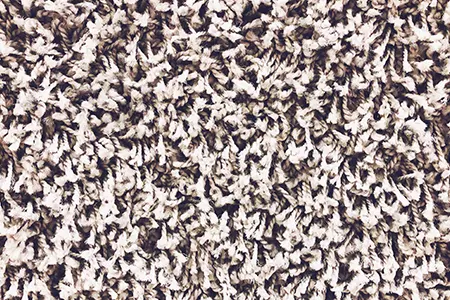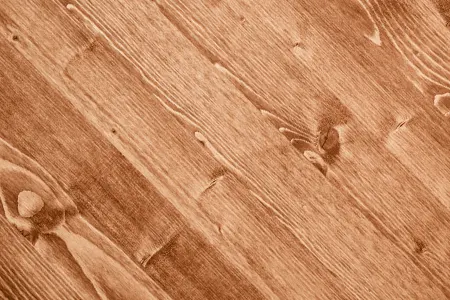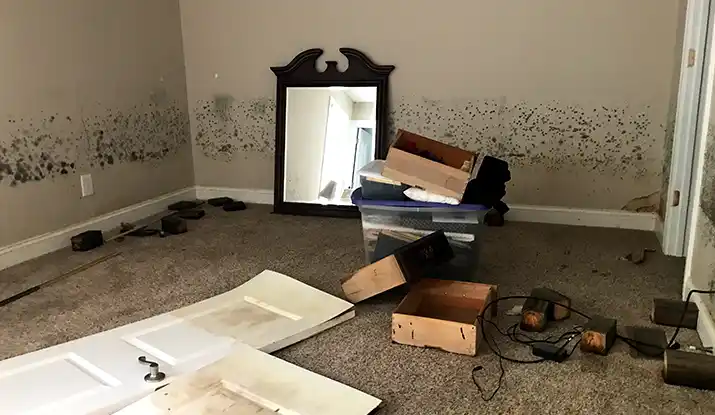If you’re someone who suffer from allergies, you may be wondering if it’s better to have wood floors or carpeting in your home. Believe it or not, the answer to this question is not as clear-cut as you might think. Carpeting can actually trap dust and allergens, which can lead to increased allergy symptoms. However, wood floors can also create problems for people with allergies, as they can harbor dust and other allergens. In the end, it really depends on the individual and what triggers their allergies.

There are pros and cons to both
Carpet and allergies
If you’re someone who suffers from carpet allergies, you’ll want to vacuum regularly and use a HEPA filter to help trap dust and allergens. You may also want to consider carpet padding that is made from hypoallergenic materials.
Wood floor and allergies
Wood floors can be easier to keep clean if you have allergies, as they don’t hold onto dust and allergens the way carpet does. However, you’ll still need to vacuum and mop regularly to remove any buildup of dust or allergens. If you have severe allergies, it’s probably best to consult with an allergy specialist before making any decisions about flooring in your home.
But how do they affect your allergies?
How does carpeting affect your allergies? Carpeting can actually trap dust and allergens, which can lead to increased allergy symptoms.
However, wood floors can also create problems for people with allergies, as they can harbor dust and other allergens. In the end, it really depends on the individual and what triggers their allergies.

Wood floor and carpet with severe allergies
If you have severe allergies, it’s probably best to consult with an allergy specialist before making any decisions about flooring in your home. The specialist can help you determine what material will trigger your allergies and what won’t. They can also give you tips on how to clean and maintain your floors so that they don’t aggravate your allergies.
The specialist can help you determine what material will trigger your allergies and what won’t. They can also give you tips on how to clean and maintain your floors so that they don’t aggravate your allergies.
Make sure if you’re buying new carpeting to pick Carpet padding that is made from hypoallergenic materials., it’s probably best to consult with an allergy specialist before making any decisions about flooring in your home.
You aren’t alone!
If you suffer from allergies, you’re not alone. In fact, more than 50 million Americans suffer from some form of allergy, according to the Asthma and Allergy Foundation of America. And if you’re one of those people who are allergic to dust, pollen or other airborne allergens, you know that your home can be a veritable minefield of potential triggers.
Best carpet type for allergies
One way to help control your allergies is by choosing the right type of carpet for your home. Believe it or not, the type of carpet you have can actually make a big difference in terms of how much allergens are present in your indoor environment.
So what’s the best type of carpet for allergies? The answer may surprise you: berber carpet. That’s right, berber carpet is actually one of the best types of carpeting for people with allergies.
Berber carpet is the best for allergies
Here’s why: first of all, berber carpet is made from tightly woven fibers, which helps to trap allergens and prevent them from circulating in your home. In addition, berber carpet is also easy to clean – and when it comes to allergies, regular vacuuming and cleaning is key to reducing the number of allergens in your home.
So if you’re looking for a type of carpet that will help reduce your allergies, be sure to check out berber carpets – they just might be the perfect solution for you.
Wood floors benefits
If you’re one of the many people who suffer from allergies, you may be wondering if wood flooring is a better option for your home. Many people believe that wood floors are dusty and full of allergens, but this isn’t always the case. In fact, wood flooring can actually help improve your allergies!
One of the biggest benefits of wood flooring for allergies is that it doesn’t trap dust and allergens like carpet does. Carpet is a breeding ground for dust mites, which are one of the leading causes of indoor allergies. Dust mites thrive in warm, humid environments, so they are often found in homes with carpeting. Wood floors, on the other hand, are not as hospitable to dust mites. This means that if you have wood floors in your home, you are less likely to suffer from allergies caused by dust mites.
Another benefit of wood flooring is that it is easy to keep clean. Dust and allergens can quickly build up on carpet, making it difficult to remove them however a lot of times they get trapped in the carpet. When they’re trapped they are less likely to enter the air.
Wood floors, on the other hand, can be easily cleaned with a Swiffer or dust mop. This means that you can remove allergens from your floors quickly and easily, preventing them from causing problems for your allergies.
The problem with wood floors and allergies
The problem comes with traffic. Since the dust sits on top of the flat surface, it’s easier to kick up into the air which can trigger your allergies. This is only a problem if you allow the dirt to build up to a bad level.
If you can keep up with the cleaning, wood flooring is a great option for your home. S
Do you have any tips for cleaning wood floors? Share them with us in the comment section!
Hypoallergenic flooring options for your allergies
There are a few different types of hypoallergenic flooring that you could choose from, including:
Each type of hypoallergenic flooring has its own benefits and drawbacks, so it’s important to do your research before making a decision.
Other important things to consider
You’ll also want to consider the cost of hypoallergenic flooring, as it can be more expensive than traditional options. If you have severe allergies, it’s probably best to consult with an allergy specialist before making any decisions about flooring in your home. The specialist can help you determine what material will trigger your allergies and what won’t. They can also give you tips on how to clean and maintain your floors so that they don’t aggravate your allergies.
Check out another health-related post about Carpet Cleaning Chemicals and Pregnancy
You may also want to consider an air purifier to help reduce the number of allergens in your home. With a little effort, you can create a more allergy-friendly home for yourself and your family. What type of carpet do you have in your home? Let us know in the comments! Thanks for reading the Carpet VS Wood Floors and Your Allergies post! if you suffer from allergies use this page as a guide!




